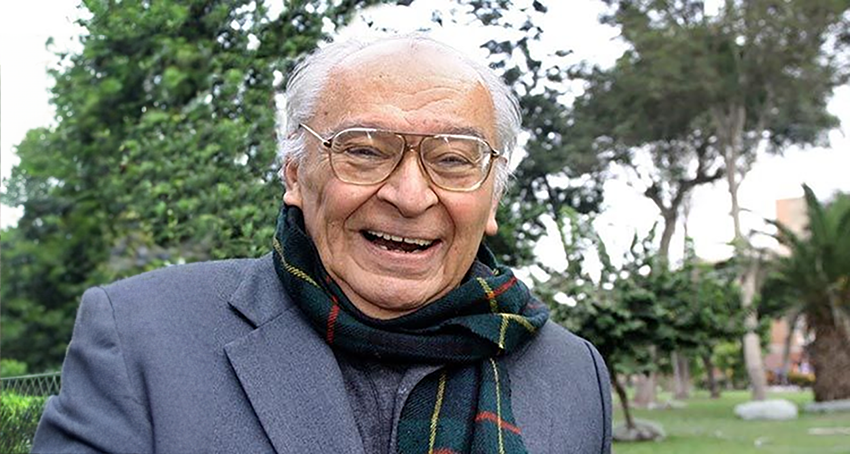Peruvian theologian and Catholic priest Gustavo Gutiérrez died on 22 October, following complications from pneumonia. He was 96.
Widely recognised as the “prophet of the poor,” he is renowned for his writings about poverty. While it has other antecedents, Gutiérrez is credited for the development of Liberation Theology.
Born in Lima on 8 June 1928, Gutiérrez initially studied medicine at the National University of San Marcos, where he became involved with the student group Catholic Action.
Gutiérrez was the author of several books, including A Theology of Liberation, On Job, and The God of Life, among others.
In Gutiérrez’s understanding, God’s scriptural preference for the poor meant that salvation included freedom from poverty. Gutiérrez believed that the source of problems in Latin America was a sinful and unjust social structure.
Gutiérrez’s work was influential, but controversial within theological circles.
In 1984, Pope John Paul II took issue with aspects of liberation theology, including its dialogue with Marxism. After an investigation and report about Gutiérrez’s theology, he was rebuked by the Vatican. A vote to remove Gutiérrez from the priesthood ended in a tie.
Despite this incident, Gutiérrez remained a Catholic theologian in good standing. When he turned 90, Pope Francis thanked him for his contributions to Catholic theology and praised his work.
“Thank you for your efforts and for your way of challenging the conscience of each person, so that no one can be indifferent faced with the drama of poverty and exclusion, said the Pope in a message sent to Gutiérrez.
Liberation theology became particularly popular in South America during the 1960s and 1970s, amidst economic and political crises.
“Only authentic solidarity with the poor and a real protest against the poverty of our time can provide the concrete, vital context necessary for a theological discussion of poverty,”wrote Gutiérrez in A Theology of Liberation.
According to Gutiérrez, the incarnation of Christ was the source of liberating love. “The incarnation is an act of love,” he wrote.
“Christ becomes man, dies and rises to liberate us, and makes us enjoy freedom. To die and be resurrected with Christ is to overcome death and enter into a new life. The cross and the resurrection seal our freedom.”
Dr Michael Mawson is Maclaurin Goodfellow Associate Professor at the University of Auckland, and a former lecturer at United Theological College. He previously worked with Gutiérrez during his time as a PhD candidate at the University of Notre Dame.
In a Facebook post, Dr Mawson recalled this time.
“I was assigned to work as Fr. Gutierrez’s teaching assistant for an intensive during one summer,” Dr Mawson wrote.
“What I mostly remember about that week is his humility and kindness. He spoke a lot in the classroom about poverty and liberation theology, but always emphasised the work and contributions of other people. He also showed genuine interest in my research and took time to share food and talk about Bonhoeffer.”
Jonathan Foye is a freelance journalist and academic.













